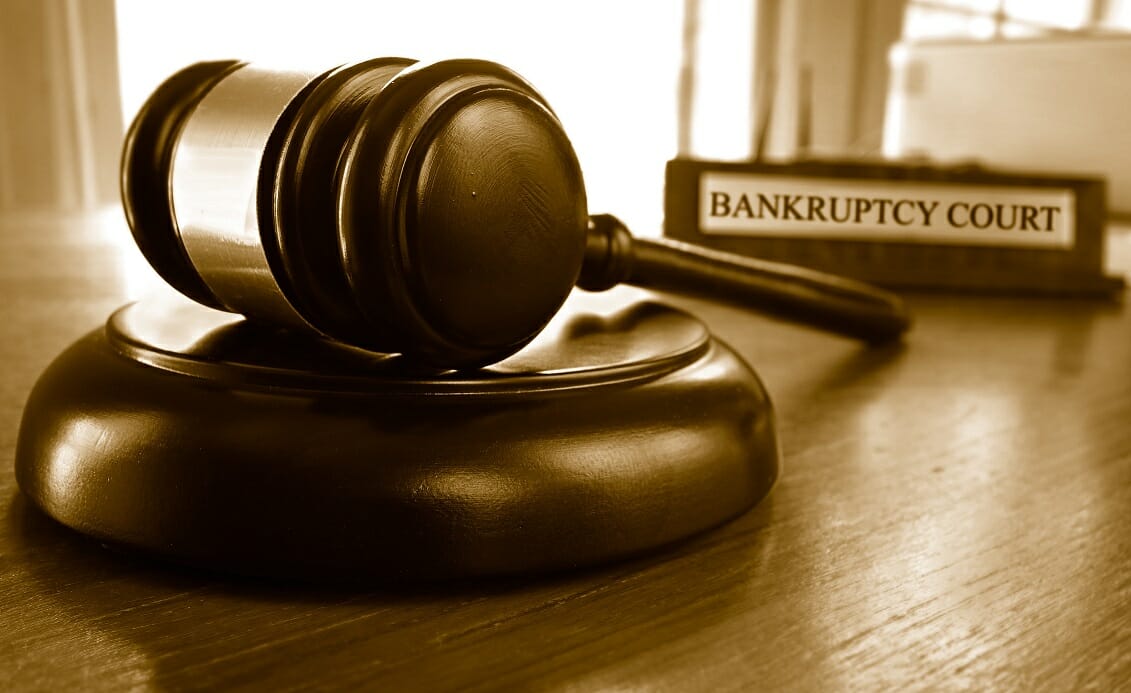How Bankruptcy Can Affect Your Credit Score

Having a bankruptcy on your credit report can have a significant impact on your credit score. It can make it difficult to get a mortgage, car loan, or even a credit card. It also puts a negative mark on your credit report that stays on your credit history for up to 10 years.
Many people use bankruptcy as a form of debt relief. It helps them to liquidate assets and create a repayment plan. This can allow them to get a fresh start financially. It’s a good option for people in desperate financial situations.
But it’s important to consider all of your options before deciding whether or not to file for bankruptcy. If you’re in extreme debt or are facing a lawsuit, for example, bankruptcy may be your only option. If you have other debt, you can still work on addressing that debt through other financial alternatives.
If you’re considering filing for bankruptcy, you should learn as much as you can about the process. In addition, you should treat the process with respect. It’s very important to make timely payments on your discharged debts. This will help your credit score to recover. It’s best to seek out a legal professional to help you decide if bankruptcy is right for you.
If you have a lot of assets that are nonexempt, you will be required to sell those assets in order to pay off your unsecured debts. This is a process that is carried out by a court-appointed trustee. You can also ask for judgment proof if your income is too low to make monthly payments on your debts.
The United States has gone through several iterations of its bankruptcy law. The original Bankruptcy Act of 1898 was replaced with the Bankruptcy Reform Act of 1978. The law has become more focused on protecting the labour force, ensuring employment opportunities, and salvaging financially troubled businesses.
Bankruptcy can be a great way for individuals to get a fresh start. It can help them to get rid of certain debts, but it can be a lengthy and complicated process. Depending on how you choose to file, it can be expensive and can make it difficult to borrow money in the future.
When you file for bankruptcy, a court-appointed trustee will be appointed to manage the process. The trustee will collect payments from you and pay your creditors. The court will also set up a repayment plan. Then, a judge will approve the plan. Once the plan is approved, the court will issue a discharge order. This will stop creditors from trying to collect on the debt.
If you have a high amount of debt, you may be able to get a court-ordered loan. This type of debt relief can help you to lower your interest rate and change the terms of your loan.
If you’re thinking about filing for bankruptcy, it’s a good idea to get some free advice from a financial counsellor. These experts are available in every state and territory. They can explain the different types of bankruptcy and other debt relief solutions to you.
How Bankruptcy Can Affect Your Credit Score was first seen on Help with My Debt
